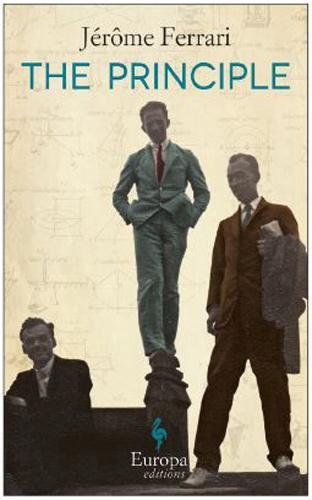 Perhaps, by working on the atomic bomb, Heisenberg undermines the beauty he lives for; Ferrari refuses to let judgement be the last word. Instead, he tells a story, not unlike a letter, the overall effect of which is a sweeping, panoramic view of both the internal workings of one’s soul, as well as the wide scope of science in modern history, in short, the quantum effect.
Perhaps, by working on the atomic bomb, Heisenberg undermines the beauty he lives for; Ferrari refuses to let judgement be the last word. Instead, he tells a story, not unlike a letter, the overall effect of which is a sweeping, panoramic view of both the internal workings of one’s soul, as well as the wide scope of science in modern history, in short, the quantum effect.
A review of Position Doubtful by Kim Mahood
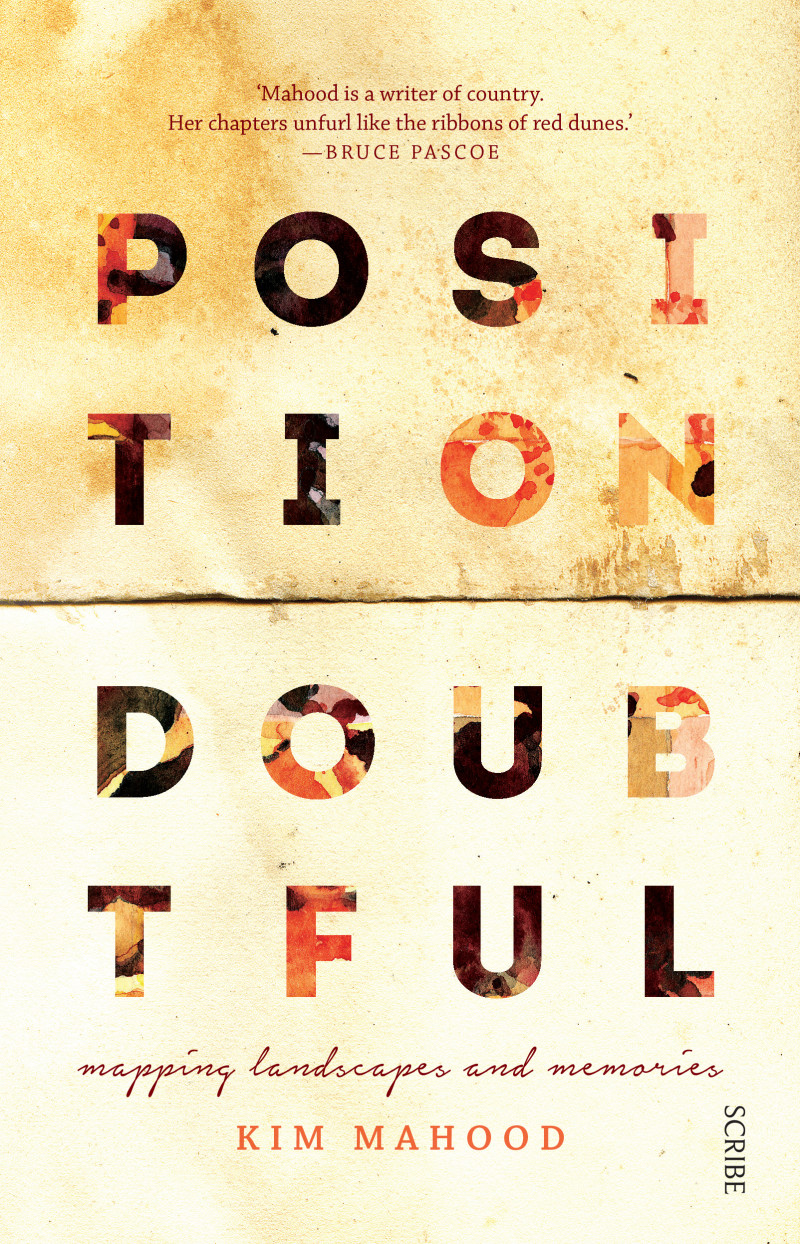 The writing is exquisite, poetic, and very detailed. Mahood’s observations are often minute explorations: a delicate rock formation, the texture of a rope, the sound of grass crunching under the feet, a sunrise, the smell of cooking, or an empathic exploration of a companion’s discomfort. Though Position Doubtful is sophisticated, charged as it is by ethical considerations, the political impact of government policy, and a deep-seated understanding – both visceral and intellectual – of the ethics of colonial occupation, power struggles, and feminist discourse, it’s also a personal journey and deeply moving.
The writing is exquisite, poetic, and very detailed. Mahood’s observations are often minute explorations: a delicate rock formation, the texture of a rope, the sound of grass crunching under the feet, a sunrise, the smell of cooking, or an empathic exploration of a companion’s discomfort. Though Position Doubtful is sophisticated, charged as it is by ethical considerations, the political impact of government policy, and a deep-seated understanding – both visceral and intellectual – of the ethics of colonial occupation, power struggles, and feminist discourse, it’s also a personal journey and deeply moving.
Interview with Kevin Michaels
 The author of Still Black Remains talks about his new book, about its themes, the American Dream, his plot and characters, his favourite part of writing the book, on the nature of conflict, the most surprising thing he’s learned in writing the book, on genre, why he became a writer, his writing process, his publication challenges, his favourite authors and books, on Bruce Springsteen’s storytelling, upcoming work, his motivations, the most important elements of good writing, his infamous doppelgänger, and lots more.
The author of Still Black Remains talks about his new book, about its themes, the American Dream, his plot and characters, his favourite part of writing the book, on the nature of conflict, the most surprising thing he’s learned in writing the book, on genre, why he became a writer, his writing process, his publication challenges, his favourite authors and books, on Bruce Springsteen’s storytelling, upcoming work, his motivations, the most important elements of good writing, his infamous doppelgänger, and lots more.
A review of Stamped from the Beginning by Ibram X. Kendi
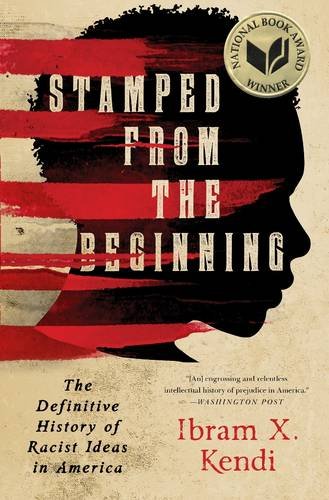 Kendi wisely narrowed the scope of his book by telling the stories of five exceptional American leaders who greatly influenced the progression, side by side, of racist ideas through segregationists, assimilationists, and antiracists throughout America’s entire history. These Americans are the minister Cotton Mather, Pres. Thomas Jefferson, politician William Lloyd Garrison, writer W.E.B. Du Bois, and antiracist activist Angela Davis.
Kendi wisely narrowed the scope of his book by telling the stories of five exceptional American leaders who greatly influenced the progression, side by side, of racist ideas through segregationists, assimilationists, and antiracists throughout America’s entire history. These Americans are the minister Cotton Mather, Pres. Thomas Jefferson, politician William Lloyd Garrison, writer W.E.B. Du Bois, and antiracist activist Angela Davis.
A review of Out from Calaboose by Karen Corinne Herceg
 Out from Calaboose is an ambitious work, rich with mythology, politics, ecology, and psychology. The book moves through darkness and light, trauma, loss, desire, pain, but also, and always, leaning towards freedom from these things. One gets the sense that this freedom lies almost entirely in the power of words – the poems themselves are the keys.
Out from Calaboose is an ambitious work, rich with mythology, politics, ecology, and psychology. The book moves through darkness and light, trauma, loss, desire, pain, but also, and always, leaning towards freedom from these things. One gets the sense that this freedom lies almost entirely in the power of words – the poems themselves are the keys.
Inheritance and Reclamation: A review of Miriam’s Book: A Poem by Harold Schweizer
 It is rare when we can call a poetry book a “page turner” in the sense of a drama or mystery, but in his remarkable new work, Miriam’s Book: A Poem, Harold Schweizer accomplishes just that. The connective tissue of each chapter, organized as in a novel, propels us forward with anticipation and curiosity.
It is rare when we can call a poetry book a “page turner” in the sense of a drama or mystery, but in his remarkable new work, Miriam’s Book: A Poem, Harold Schweizer accomplishes just that. The connective tissue of each chapter, organized as in a novel, propels us forward with anticipation and curiosity.
A review of Hope Farm by Peggy Frew
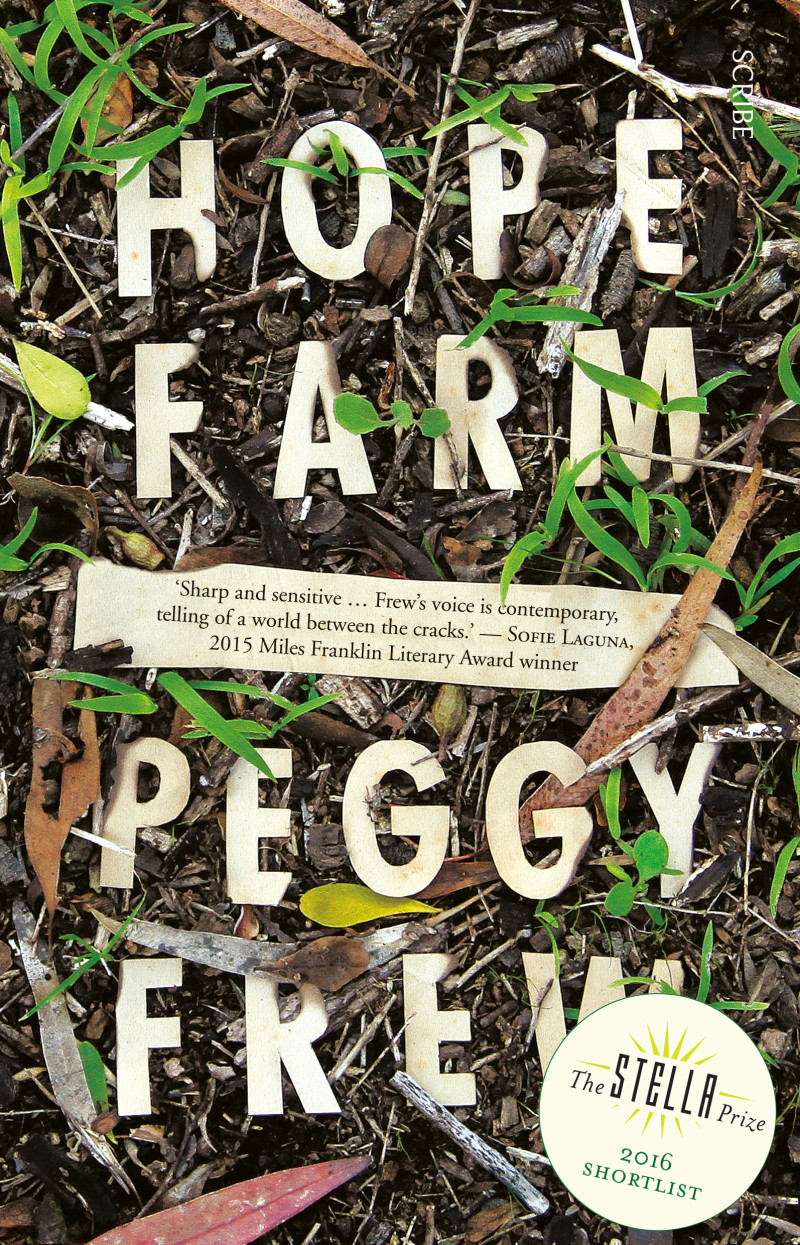 Hope Farm is an exquisite and powerful book that explores the gaps between desire, societal norms, and love, loss, and memory. Both Silver and Ishtar’s story is deeply affecting, and as full of beauty as it is of verisimilitude.
Hope Farm is an exquisite and powerful book that explores the gaps between desire, societal norms, and love, loss, and memory. Both Silver and Ishtar’s story is deeply affecting, and as full of beauty as it is of verisimilitude.
A review of Wild Gestures by Lucy Durneen
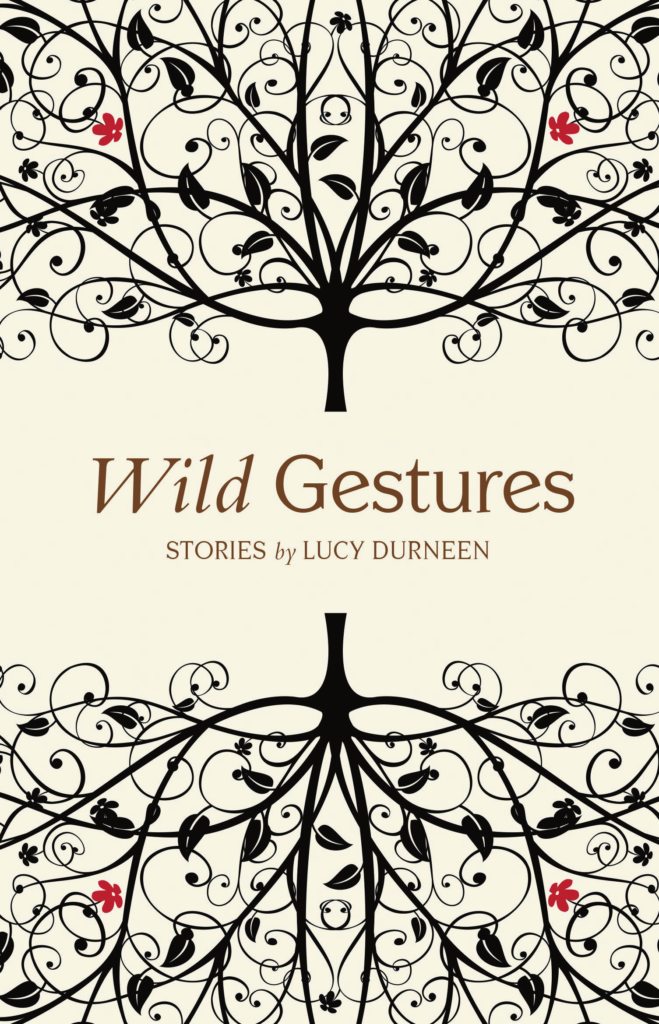 The language is silky and seductive and as a reader I was drawn in, drifting about like a leaf in a stream taking in sights, sounds and feelings. Lucy Durneen leaves the door open to her mind and as the pages pass I’m looking out of her eyes focusing and feeling the world as she describes and experiences it.
The language is silky and seductive and as a reader I was drawn in, drifting about like a leaf in a stream taking in sights, sounds and feelings. Lucy Durneen leaves the door open to her mind and as the pages pass I’m looking out of her eyes focusing and feeling the world as she describes and experiences it.
A review of Magnesium by Ray Buckley
 I am a firm believer in craft and study. We can all benefit from workshops, retreats, formal and informal study, as well as constructive criticism from our peers. Magnesium is not a bad book, it’s Ray Buckley’s book. Perhaps, Buckley would have given this reader a different experience had he focused on developing each poem and letting the reader in.
I am a firm believer in craft and study. We can all benefit from workshops, retreats, formal and informal study, as well as constructive criticism from our peers. Magnesium is not a bad book, it’s Ray Buckley’s book. Perhaps, Buckley would have given this reader a different experience had he focused on developing each poem and letting the reader in.
A review of GO: A Memoir about Binge-drinking, Self-hatred, and Finding Happiness by Jessica Bell
 Bell’s first (and possibly not last) memoir is a well-written, fast paced, and engaging read that chronicles Bell’s extensive struggles with depression, with being the child of two semi-famous gothic musicians, years of coping with her mother’s drug addiction, and the ongoing battle to maintain self-esteem against an inverse of Snow White’s evil queen’s mirror on the wall – the “reflection” of the title.
Bell’s first (and possibly not last) memoir is a well-written, fast paced, and engaging read that chronicles Bell’s extensive struggles with depression, with being the child of two semi-famous gothic musicians, years of coping with her mother’s drug addiction, and the ongoing battle to maintain self-esteem against an inverse of Snow White’s evil queen’s mirror on the wall – the “reflection” of the title.